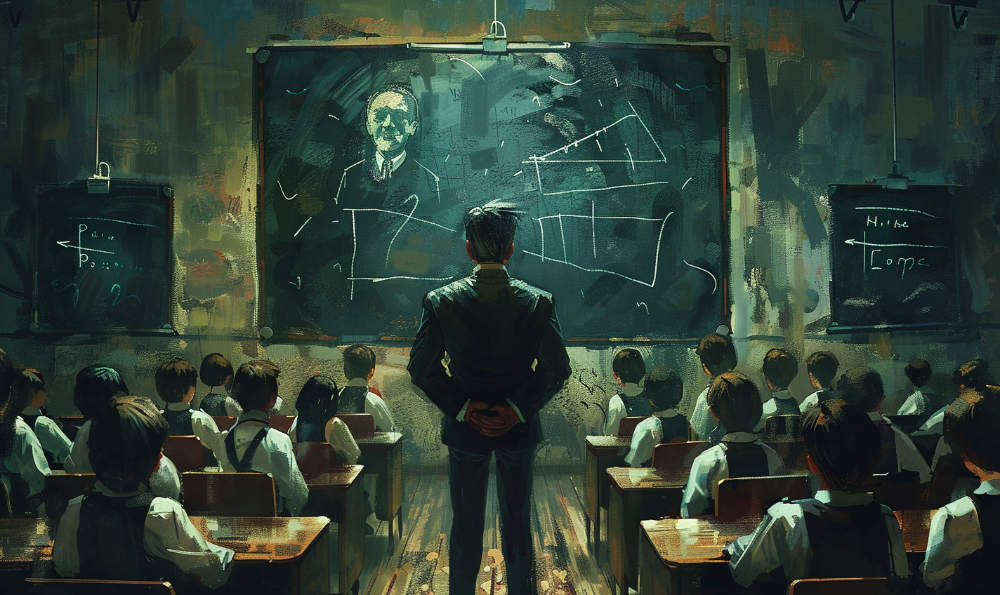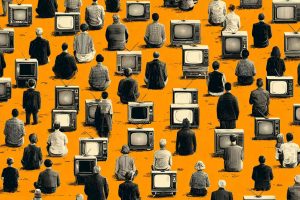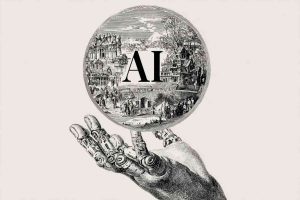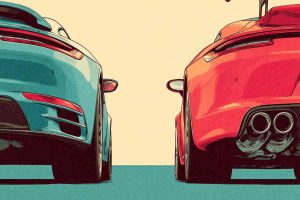The Law as a Weapon: How Rules and Regulations Block Progress and Consolidate Power
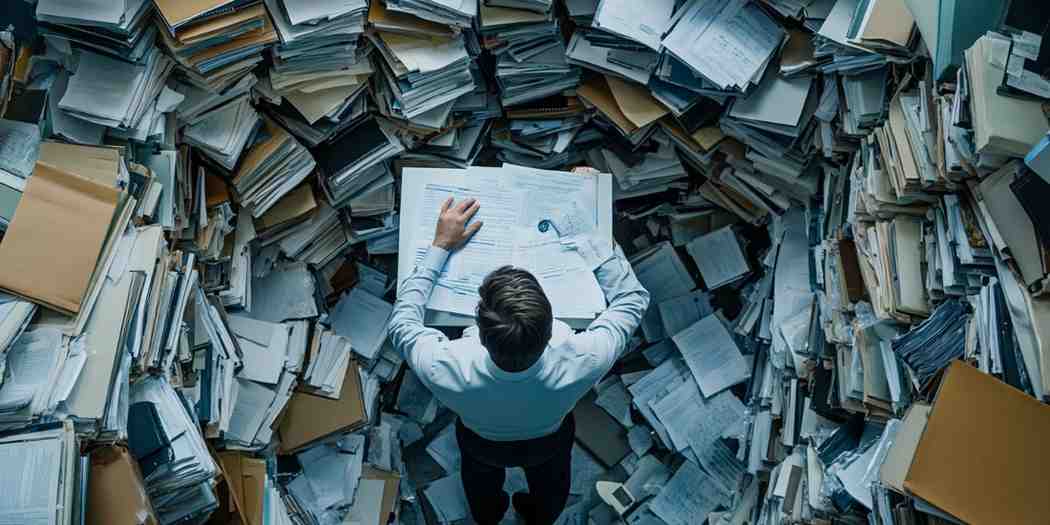
Laws and regulations are supposed to form the backbone of a functioning society. In theory, they serve to ensure justice, protect freedom, and prevent abuse of power. But what happens when those very laws and rules betray their original purpose? When regulation no longer protects citizens but instead shields the elites? When laws become so complex, contradictory, and selectively enforced that they paralyze decision-making, stifle innovation, and concentrate power in fewer and fewer hands?
In today’s era of overregulation, technocratic control, and bureaucratic expansion, it’s becoming increasingly clear that laws are serving the system rather than the people. From EU directives to American federal laws, from pandemic restrictions to environmental mandates, the pattern is the same: the law has stopped being a shield and has become a sword. Laws and regulations have lost their way, governments and their networks exploit them for control, what does this mean for freedom, innovation, and justice?
The paradox of rules: protection as restriction
The bureaucratic stranglehold
French philosopher Montesquieu warned that power always expands unless it is restrained. Laws should provide that restraint. But what happens when laws themselves become tools of power expansion?
In modern democracies, laws and rules have become so complex that only specialized lawyers and civil servants can understand them. This creates a “legal caste” that holds real power, not the citizens, and often not even their elected representatives. This process is known as “bureaucratic centralization”: a system in which the executive branch writes, interprets, and enforces its own rules, often outside of democratic oversight (The Administrative Threat, Philip Hamburger).
Thus, laws are no longer written to prevent abuse but to distribute power within networks of political and corporate interests. Every “problem” demands a “rule, ” which then legitimizes new forms of control. This leads to an exponential growth of rules that don’t offer solutions but mainly serve to make action impossible without bureaucratic permission.
The illusion of equality
One of the cornerstones of the rule of law is the principle of equality: the same rules for everyone. In practice, however, we see more and more selective enforcement. Large corporations employ armies of lawyers and lobbyists to help write the rules and secure exemptions. Citizens and small businesses are left behind in a maze of regulation that paralyzes them economically and leaves them legally defenseless.
Tax law is a clear example. Multinationals use complex fiscal constructions, often legal, to avoid taxes, while ordinary citizens must account for every cent (The Triumph of Injustice, Saez & Zucman). The law is formally equal but materially extremely unequal.
The law as a tool of power
Lawmaking in response to crises
Over the past decades, major legislative shifts haven’t come from democratic debate, but as reactions to crises: the 9/11 attacks, the 2008 financial collapse, the COVID-19 pandemic, and more recently, the “climate emergency.” Every time, a state of emergency is declared, and in the name of safety or health, far-reaching laws are imposed that severely restrict fundamental freedoms.
As Naomi Klein describes in The Shock Doctrine, governments use disasters, real or manufactured, to push through measures that would be unacceptable under normal circumstances. The Patriot Act (2001) gave the U.S. government unprecedented surveillance powers. COVID measures like lockdowns, vaccine mandates, and curfews were imposed in many countries through emergency laws with little or no parliamentary scrutiny (State of Exception, Giorgio Agamben).
Overregulation as a weapon against competition and innovation
Rules are often portrayed as “neutral, ” but in reality, they function as barriers for new entrants. Large firms have the capital and legal teams to comply with thousands of pages of regulation, start-ups and citizens do not. In sectors like healthcare, energy, education, and agriculture, rules are not used to reduce risk, but to block competition.
In The Utopia of Rules, David Graeber argues that modern bureaucracy doesn’t fail despite its rules but because of them: rules are designed to allow endless exceptions and interpretations. Those who have access to these exceptions (through connections or money) hold power, those who follow the rules are silenced.
Laws and corruption: the invisible alliance
From public protection to private interests
Much regulation does not stem from a concern for the public good but from lobbying. Major industrial players help draft legislation, influence enforcement, and place their own people in oversight bodies. This phenomenon, known as “regulatory capture”, means that institutions meant to oversee industries are in fact controlled by the industries themselves (Capture: Unraveling the Mystery of Regulatory Failure, Daniel Carpenter).
A well-known example is the U.S. FDA (Food and Drug Administration), where officials frequently transition to jobs in the pharmaceutical industry and vice versa. This “revolving door” system leads to massive conflicts of interest. Those who pay, rule.
The creation of legal networks
The power of regulation lies not only in the laws themselves but in the networks they create: webs of institutions, commissions, experts, lawyers, inspectors, consultants, and lobbyists who “bring the law to life.” These networks operate as self-reinforcing ecosystems. They create their own jargon, procedures, and moral universe. Outsiders have little access or influence.
In Europe, this is clearly visible in the EU, where thousands of regulations and directives are drafted without direct democratic input. The European Court of Justice holds powers that overrule national courts. National governments then hide behind “Brussels, ” claiming they have no choice. Political accountability disappears, law becomes an anonymous, uncontrollable force.
Consequences for society and progress
Paralysis of decision-making
When every decision must first be checked against hundreds of rules, procedures, permits, and review frameworks, the ability to act quickly and decisively disappears. Innovation slows down, infrastructure projects are stalled for years, and the public sector drowns in its own paperwork.
A clear example is housing in the Netherlands, where nitrogen laws, environmental requirements, and appeal procedures delay every project by years. Citizens pay the price: sky-high rents, housing shortages, and a loss of trust in government.
Criminalization of the citizen
The more rules exist, the more likely it is that everyone unknowingly breaks some of them. Law becomes less a guideline than a trap. This leads to what legal scholars call “overcriminalization”: the existence of so many laws that it’s impossible to comply with them all (Three Felonies a Day, Harvey Silverglate). As a result, the state always has a legal pretext to punish a citizen, if politically or economically convenient.
This creates an atmosphere of fear and conformity. People hesitate to take initiative, fearing legal consequences. Freedom becomes an illusion: you are free as long as you don’t stand out.
Conclusion: the law must serve the people again
Modern laws and regulations are not neutral, fair, or service-oriented. They are designed, manipulated, and applied by a technocratic elite that protects its own interests. What was once meant to limit power has become a system that legitimizes, extends, and consolidates it.
If we want to restore freedom, innovation, and public accountability, laws must be redesigned, not as instruments of control, but as protections of autonomy and common sense. This requires a cultural shift: from overregulation to trust, from legal hierarchy to democratic participation, from networked power to individual responsibility.
Laws must serve citizens, not the system. Only when we recognize this simple truth can we begin the liberation of law itself.
Sources
- The Administrative Threat, Philip Hamburger
- The Shock Doctrine, Naomi Klein
- State of Exception, Giorgio Agamben
- The Triumph of Injustice, Gabriel Zucman & Emmanuel Saez
- The Utopia of Rules, David Graeber
- Capture: Unraveling the Mystery of Regulatory Failure, Daniel Carpenter
- Three Felonies a Day, Harvey Silverglate

